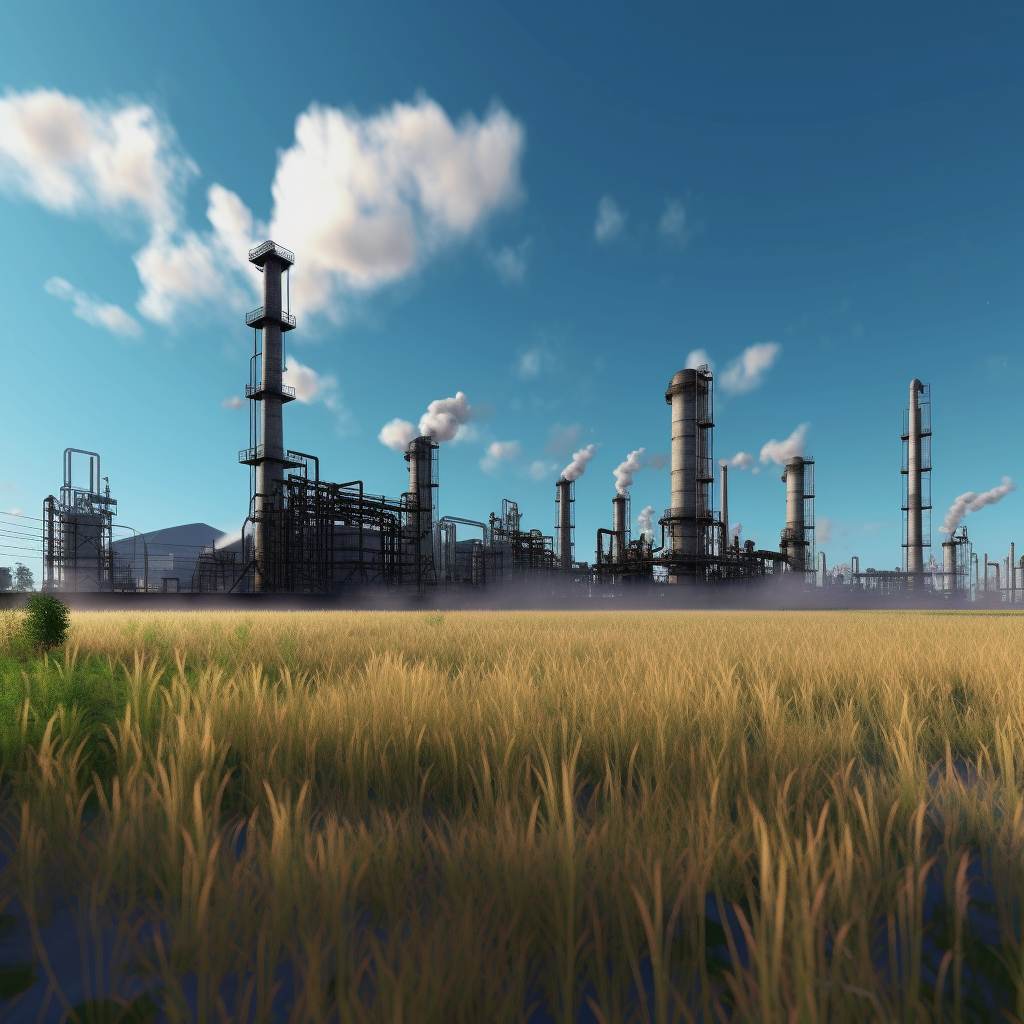June 1, 2023
Global Annual Greenhouse Gas Index Shows Continuing Climate Change, Alarming Findings
Book a Demo
The Global Annual Greenhouse Gas Index was recently released, and the results are concerning. The index shows a 1.5% rise in the warming influence of long-lived greenhouse gases in 2022, indicating that the Earth’s climate is continuing to warm at an alarming rate.
Carbon dioxide, methane, and nitrous oxide levels all increased, with carbon dioxide accounting for 80% of the total warming effect. Human activities such as burning fossil fuels and deforestation are primarily responsible for the increase in greenhouse gas emissions. These activities release large amounts of carbon dioxide into the atmosphere, which traps heat and causes global temperatures to rise.
The Arctic region is experiencing the most rapid warming, with temperatures in some areas increasing at twice the rate of the global average. This is causing the ice to melt at an alarming rate, leading to rising sea levels and damage to ecosystems. In addition, global warming is causing more frequent and severe weather events, which can have disastrous consequences for human health and the environment.
The index has shown a 43% increase in the warming effect of greenhouse gases since 1990, largely due to the burning of fossil fuels and deforestation. This highlights the urgent need for action to reduce greenhouse gas emissions and mitigate the impacts of climate change.
The index provides a measure of the impact of human activity on the climate and can inform policy decisions on reducing greenhouse gas emissions. The index increased by 1.44 watts per square meter in 2022, equivalent to adding about 10 billion tons of carbon dioxide to the atmosphere. These numbers underscore the urgent need for action to reduce greenhouse gas emissions and mitigate the impacts of climate change.
The Global Annual Greenhouse Gas Index is a critical tool for understanding the impact of human activity on the climate. The index shows that greenhouse gas emissions continue to increase, leading to rising temperatures, rising sea levels, and more severe weather events. Urgent action is needed to reduce greenhouse gas emissions and mitigate the impacts of climate change.



